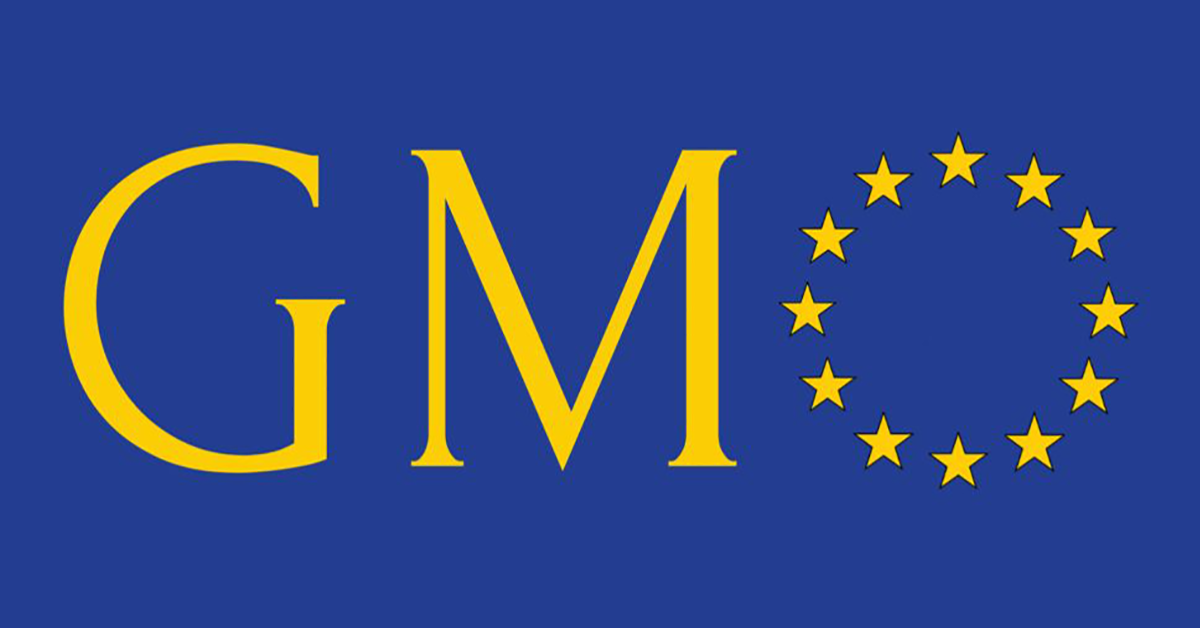 Belgium voted against its own government's position and Greece ignored its own scientific advisors
Belgium voted against its own government's position and Greece ignored its own scientific advisors
In the EU Committee of Permanent Representatives (COREPER) on 14 March, the Polish EU Presidency managed to secure a narrow majority for its "compromise text" supporting new GMO deregulation. The text differed very little from the original EU Commission proposal of 2023, which would exempt new GMOs from any labelling, safety checks, monitoring, and liability requirements.
However, the events that led up to the qualified majority vote were highly irregular and could lead to failure of the proposal in future meetings – or acceptance of a "compromise" that betrays consumers, farmers, and nature.
Crucial to the majority in favour of deregulation was Belgium's U-turn in supporting the text, which came as a surprise because the country's stance had previously been to abstain on the deregulation proposal.
Greece also suddenly changed its position from opposing to supporting the deregulation proposal, though its turnabout was not crucial to obtaining the majority in the way Belgium's apparent turn around was.
The Council of the EU can now begin the so-called "trilogues" – negotiations with the European Parliament and the Commission on the deregulation proposal.
Belgium voted for something it doesn't agree with?
In a confusing development, the Belgian government has circulated a statement suggesting that it doesn't agree with the text it voted for. In the document, "Proposal for a regulation on plants obtained by certain new genomic techniques and their food and feed Coreper 14/03/2025", Belgium says it "recognises the need to adopt a specific legislative framework for plants obtained by new genomic techniques (NGT)", but adds that it "wants to ensure that this framework avoids any environmental or health risks and guarantees free choice for stakeholders and consumers".
Belgium continues, "Belgium's support for the negotiations mandate proposed by the Polish Presidency for the trilogues with the European Parliament therefore does not prejudge Belgium's position on the text that will result from these negotiations. Belgium will only be able to support it if all of the following requirements are met:
* Patents: Belgium wants a total ban on the patentability of NGT plants, possibly through amendments to the Biotechnology Directive;
* Traceability and labelling: Belgium wants mandatory traceability throughout the value and labelling chain (up to the consumer);
* Organic products and coexistence: Belgium wants a ban on NGT plants in organic products. Furthermore, Belgium wants an explicit coexistence system to be integrated into the text by linking an operational provision to the current recital (24) of the preamble;
* Risk analysis and insect-resistant NTGs: in accordance with the precautionary principle, Belgium wishes to see a rigorous, case-by-case analysis of environmental and health risks before any NGT is placed on the market. Post-market monitoring of environmental and health impacts must also be ensured. The above aspects must be taken into account in terms of the categorisation of NTG products, which must also take insect resistance into account."
GMWatch hopes Belgium will uphold its demands during the upcoming trilogues. However, as the EU Parliament's rapporteur on the file is the pro-deregulation Swedish MEP Jessica Polfjärd, Belgium must hold firm against what is sure to be intense pressure to cave to industry's wishes, even though the Parliament placed several similar requirements on its support for the negotiations.
Greece disregards advice of its own competent authority on GMOs
In addition to Belgium's "yes-but-no" performance, a row has broken out in Greece regarding that country's U-turn in the 14 March vote. After months of abstention, Greece suddenly voted yes to the proposal. According to the Panhellenic Federation of Geotechnical Public Employees (POGEDY), a federation of scientist civil servants, this vote was contrary to Greece's scientific advisors and competent authority on GMOs in the Ministry of Rural Development and Food.
In a public comment, POGEDY states, "We inform the political leadership of the Ministry of Rural Development and Food that the proposals submitted by the competent Directorate of the Ministry with scientific competence and documentation are in the direction of preventing the indiscriminate use of genetically modified organisms and protecting the health of consumers and the primary sector [of the economy]. These proposals were given as planned to the delegation consisting of the Ambassador and the Head of the Permanent Representation of Greece to the EU, but they acted on their own initiative without taking into account the opinion of the competent authority."
POGEDY also says it will organise a teleconference with the Greek MEPs of the European Parliament, with its technical advisors on GMO issues and with fellow geotechnical service members, to ensure that the text is not voted through by the Greek MEPs of any party, thereby doing the job "that should be done by the Permanent Greek Delegation and the Ambassador".
In conclusion, POGEDY calls on the Minister of Rural Development and Food at the next Council of Ministers to support the views of the competent authority of the Ministry of Rural Development and Food.
Let's hope the Greek Minister does just that – and that the Belgian government and the EU Parliament stick to their requirements, despite all the industry pressure. That is the only chance of ensuring that what's agreed "avoids any environmental or health risks and guarantees free choice for stakeholders and consumers".
Image courtesy of Citizens’ Initiative Slovakia Without GMOs










